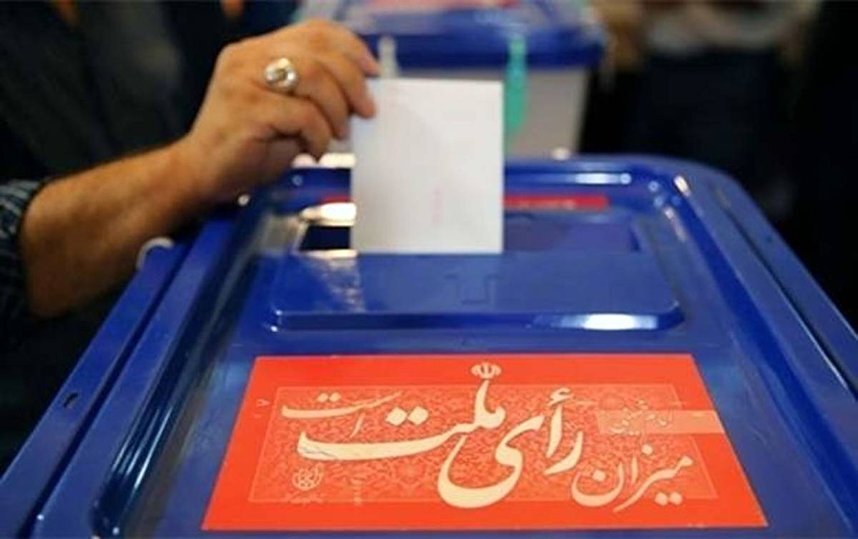Elections in Iran’s history: from show to competition

TEHRAN- The people of Iran went to the polls on Friday (June 28) to elect the president of the fourteenth government. Iran's enemies claim that elections in Iran are not free. To investigate this claim, it is worth taking a look at the history of elections in Iran.
Modern elections in Iran have a history of over 100 years. The first elections to determine the members of the National Consultative Assembly were held on September 17, 1906. Elections during the Qajar and Pahlavi periods were more of a show than a genuine democratic process. However, whenever the central government's power was weakened, some freedom and competition were injected into the elections.
To understand the nature of elections before the victory of the Islamic Revolution, reflection on these historical statements is useful. Iranian-American Middle Eastern historian Ervand Abrahamian in his book "A History of Modern Iran" writes: "The Shah, along with the Chief of Police, would examine potential candidates and mark them with qualities such as 'suitable' or 'unsuitable,' 'lacking national pride,' 'insane,' 'arrogant,' 'harmful,' 'foolish,' 'dangerous,' 'shameless,' 'stubborn and obstinate,' and 'cowardly.' Suitable names would then be handed over to the Ministry of Interior and through the Ministry of Interior to provincial governors and local electoral committees. The sole duty of these committees was to distribute ballot papers and oversee the ballot boxes; all members of these committees were appointed by the central government. Candidates who insisted on electoral competition would either be imprisoned or exiled."
In his book " Strange Lands and Friendly People," Judge William O. Douglas of the Supreme Court of the United States writes: "Finally, I asked, if your representative does not pay attention to the needs of his people and does not pass laws that benefit you in the parliament, why don't you choose someone else? With this question, there was a loud laughter from the audience. The last speaker said, you don't know. The representative we have is a big landlord himself; therefore, he will not approve any laws that are in our favor. He is not our true representative. I put my hand on the shoulder of the young man in front of me and addressed the others, saying, here I have found a good representative for you. He understands the issues well. Choose him as your representative in the parliament to pass any laws that are in your favor. The young man interrupted me and said, let me explain further. During elections, soldiers come to the polling stations with ballot boxes and pre-written ballots. Only one person's name is written on top of the ballots, and he is the only one that the army agrees with his election. We line up one after another, and pre-written ballots are distributed among us; then the line moves forward in order, and we cast the ballots into the box. I replied, well, you write someone else's name too, like we do in America. He replied, that's impossible. This is not America. Here force and the barrel of a gun are involved, and we have to vote for someone that the army wants. The army always wants the biggest landlord."
In the era of Reza Shah's successor, the situation was no better; it was becoming more theatrical day by day. But the last elections of the second Pahlavi era were exemplary in every way: an election with one party. The Rastakhiz Party led by Amir-Abbas Hoveyda secured all 100% of the parliamentary seats!
But after the victory of the Islamic Revolution, five elections were held in the first year, and counting the June 28 election, a total of 42 national elections have been held in Iran to date. Free and competitive elections are one of the Islamic Republic's greatest achievements. This has been preserved despite all ups and downs. The culture of elections has become entrenched in Iran with the Islamic Republic. In a period where most countries in the region do not understand much difference between a ballot box and a fruit box, self-proclaimed democratic governments stage elections through various deceptions, the experience of healthy voting in a religious political system transcends any other material, industrial, or economic achievement.
Leave a Comment